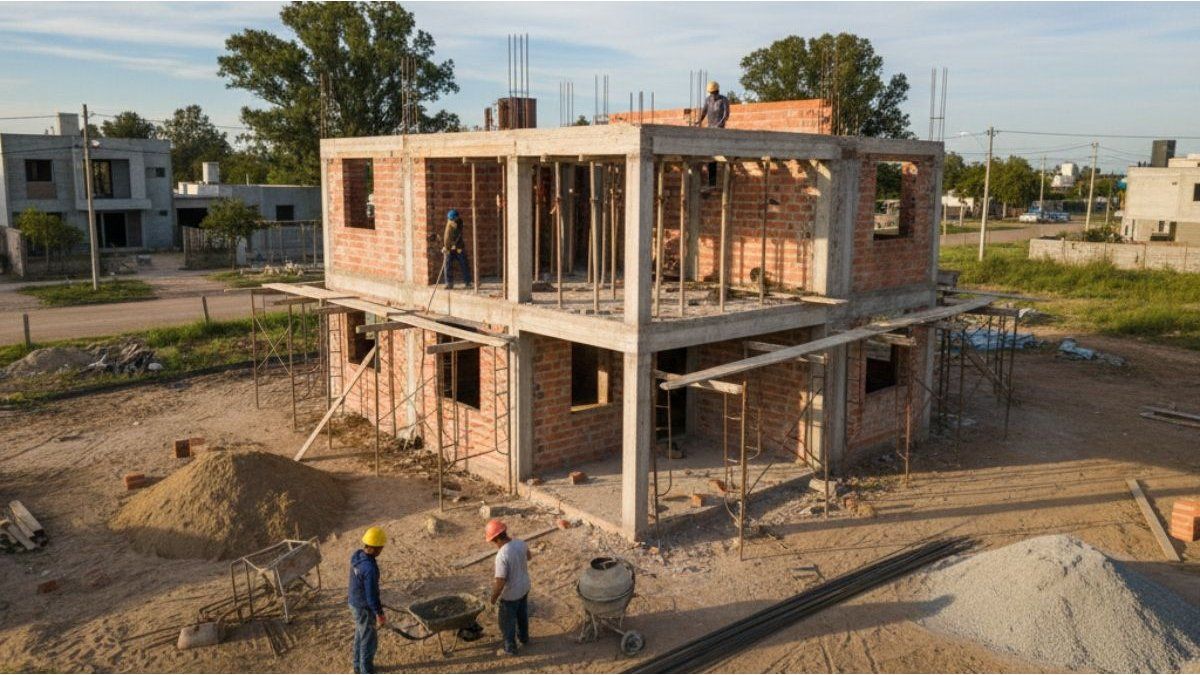Fridays for Future has called for protests worldwide. People have also taken to the streets in Germany. However, there are significantly fewer of them than a few years ago.
Thousands of people demonstrated for more climate protection in more than 100 cities across Germany. The climate movement Fridays for Future called for rallies and protests as part of the so-called global climate strike. According to the movement, more than 75,000 people demonstrated across Germany.
“Today we were on the streets with tens of thousands of people and showed that people do not want to remain inactive in the escalating climate crisis while the federal government fails to implement concepts for socially just climate policy,” said Annika Rittmann of Fridays for Future Germany. Official information from the police on the total number of participants was not initially available.
Children, young people and adults took to the streets in many German cities – for example in Berlin, Munich, Hamburg and Hanover. According to the organizers and the police, several thousand people demonstrated in the capital. The organizers had previously expected 5,000 people. Posters bore slogans such as “Stop climate change”, “Grandma, I thought there were 4 seasons” and “Don’t leave the earth in the oven too long, otherwise it will burn!”.
According to the police, around 2,500 people initially took part in the march in Hamburg. However, more people joined in the course of the peaceful demonstration. Fridays for Future spoke of around 9,000 participants. However, this was significantly less than expected – the organization had registered around 18,000.
The police in Munich estimated the number of participants at around 2,600. “If nothing changes, everything changes” was one of the slogans on the posters with which the demonstrators expressed their frustration. According to the police in Hanover, around 1,000 demonstrators were there. In Bremen, around 600 people took part in the climate demonstration, according to police. In Freiburg, there were 1,600, according to police, and in Halle an der Saale, 700.
Demonstrations were also planned in around 20 cities in North Rhine-Westphalia. According to the organizers, around 3,000 participants gathered in Cologne in the afternoon. In Düsseldorf, according to the police, at least 400 demonstrators started a march through the city. In Dortmund, according to the police, 600 people demonstrated.
Protest researcher: Protests depend on public mood
Before the start of the corona pandemic, hundreds of thousands of people in Germany took to the streets to protest against climate change. The climate movement has since lost support. In May, for example, more than 1,000 people came together in Hamburg, according to the police, significantly fewer than the 15,000 originally expected by the organizers. In Munich, too, there were around 2,000 people, significantly fewer than the 8,000 that the organizers had previously registered.
According to Simon Teune, a protest researcher at the Free University of Berlin, a changing influx of protest movements is not unusual. Protests are very dependent on the public mood. In recent months, the AfD has been very successful in driving the other parties ahead of it with their policies, said the scientist. That is why there is currently little room for the climate crisis, even though it is still very present.
According to Teune, there is little the protest organization can do in such a situation. “You have to keep on top of the issues, you can make offers.” Fridays for Future is very active, for example by applying the climate issue to other topics and by working with unions.
Climate activist: Other crises unsettle people
According to spokeswoman Carla Reemtsma, Fridays for Future has recently lost support at its demonstrations due to other crises such as the corona pandemic, the Russian war of aggression against Ukraine or the energy crisis.
The movement does not blame anyone for currently dealing with other issues. “At the same time, it is quite clear that politicians have a responsibility to protect our livelihoods regardless,” Reemtsma said on Deutschlandfunk.
Source: Stern
I have been working in the news industry for over 6 years, first as a reporter and now as an editor. I have covered politics extensively, and my work has appeared in major newspapers and online news outlets around the world. In addition to my writing, I also contribute regularly to 24 Hours World.




